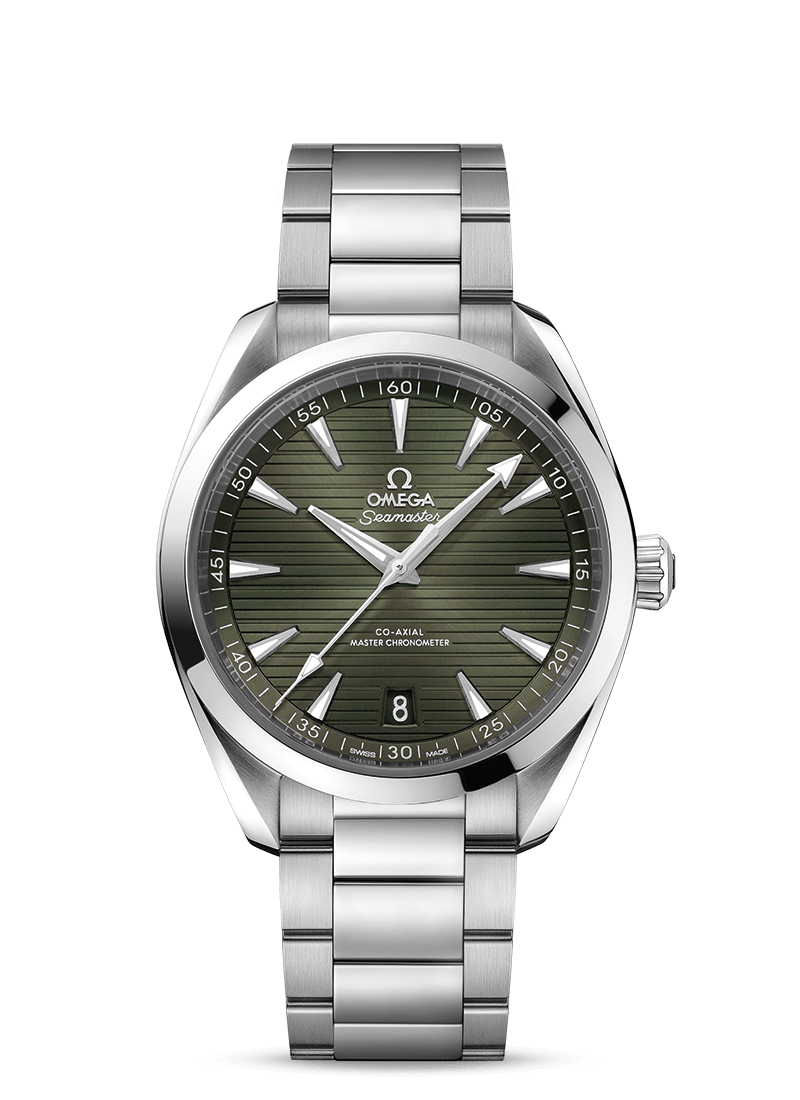Watches have been around for centuries, but the technology behind them has evolved over time. The two main types of watches are quartz and mechanical watches.
In this article, we will explore the differences between the two types of watches, their advantages and disadvantages, and help you choose the right watch for your needs.
Quartz Watches
Quartz watches were introduced in the late 1960s, and they quickly became popular due to their accuracy and low cost. A quartz watch uses a battery-powered quartz crystal to regulate the timekeeping.
The crystal vibrates at a specific frequency, which is used to keep time accurately. A small electronic circuit detects the vibrations and converts them into the time that is displayed on the watch face.
Advantages of Quartz Watches
Accuracy: Quartz watches are incredibly accurate, with an average error rate of just a few seconds per month. They are much more accurate than mechanical watches.
Maintenance: Quartz watches are low-maintenance and require very little upkeep. The battery needs to be changed every few years, and the watch should be serviced every five years or so.
Durability: Quartz watches are also very durable, as they have fewer moving parts than mechanical watches.
Disadvantages of Quartz Watches
No soul: Some watch enthusiasts argue that quartz watches lack the soul and craftsmanship of mechanical watches.
Battery life: The battery life of a quartz watch is limited, and it will eventually need to be replaced.
Repair: If something goes wrong with a quartz watch, it is often cheaper to replace the watch than to repair it.
Mechanical Watches
Mechanical watches have been around for centuries and are considered to be traditional watches. A mechanical watch uses a complex system of gears, springs, and levers to keep time. There are two main types of mechanical watches: manual and automatic.
Manual watches require the user to wind the watch every day to keep it running. The winding mechanism is usually located on the side of the watch, and the user needs to turn it several times to wind the watch fully.
Automatic watches, also known as self-winding watches, use the motion of the wearer’s wrist to wind the watch automatically. They have a rotor that moves back and forth as the wearer moves, and this motion winds the watch.
Advantages of Mechanical Watches
Craftsmanship: Mechanical watches are often considered to be works of art due to their intricate craftsmanship and design.
Longevity: A high-quality mechanical watch can last for generations and can become a family heirloom.
Uniqueness: Each mechanical watch is unique, and the movements can vary from watch to watch.
Disadvantages of Mechanical Watches
Accuracy: Mechanical watches are not as accurate as quartz watches and can lose or gain several seconds per day.
Maintenance: Mechanical watches require regular maintenance and need to be serviced every few years.
Fragility: Mechanical watches are more fragile than quartz watches and can be damaged if dropped or mishandled.
Conclusion
Both quartz and mechanical watches have their advantages and disadvantages. If you value accuracy, low-maintenance, and durability, a quartz watch might be the right choice for you.
On the other hand, if you appreciate the craftsmanship, longevity, and uniqueness of a watch, a mechanical watch might be a better choice.
Ultimately, the choice between quartz and mechanical watches is a personal one, and it depends on your preferences and budget. Whatever your choice, make sure to choose a reputable brand and model that suits your style and needs.
